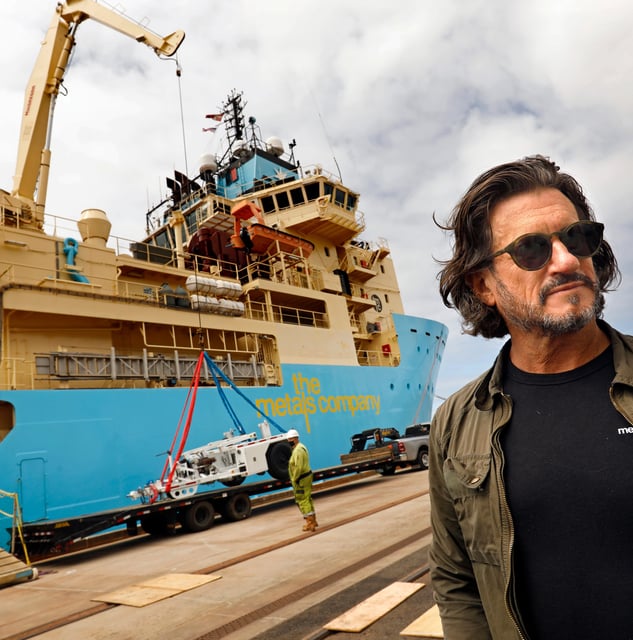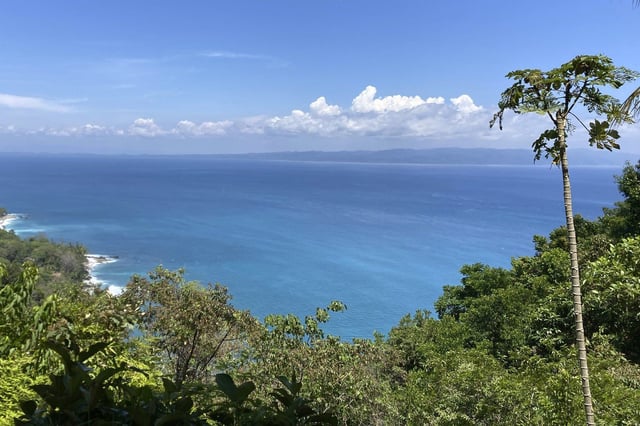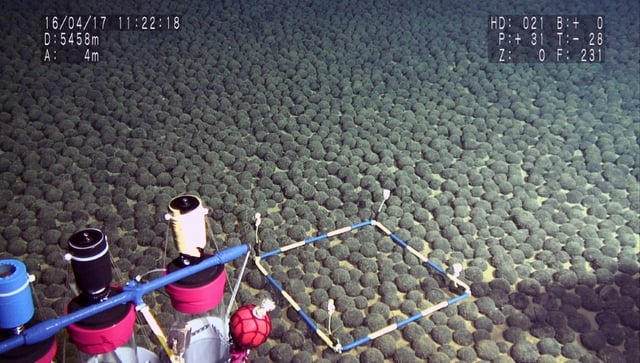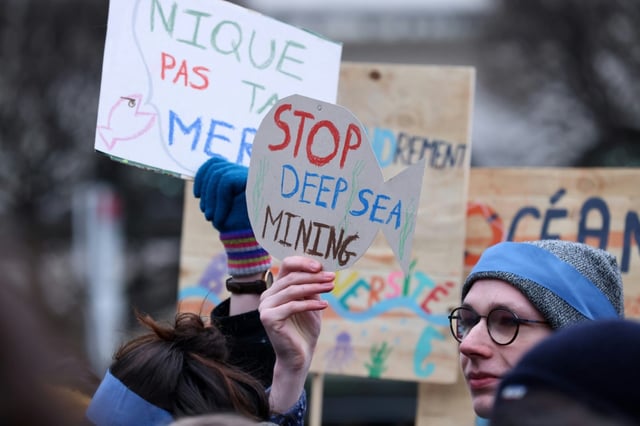Overview
- The Metals Company submitted applications to NOAA for two exploration licenses and a commercial recovery permit, targeting the Clarion-Clipperton Fracture Zone in the Pacific Ocean.
- This marks the first commercial seabed mining application, bypassing the International Seabed Authority, which claims sole jurisdiction under international law.
- President Donald Trump recently issued an executive order to expedite U.S. deep-sea mining permits, framing the effort as critical for strategic mineral independence and economic growth.
- Environmental groups and scientists warn of irreversible damage to deep-sea ecosystems, citing risks like sediment plumes, light pollution, and noise.
- The move has drawn international condemnation, with China and over 30 countries calling for a moratorium on deep-sea mining until comprehensive regulations are established.



